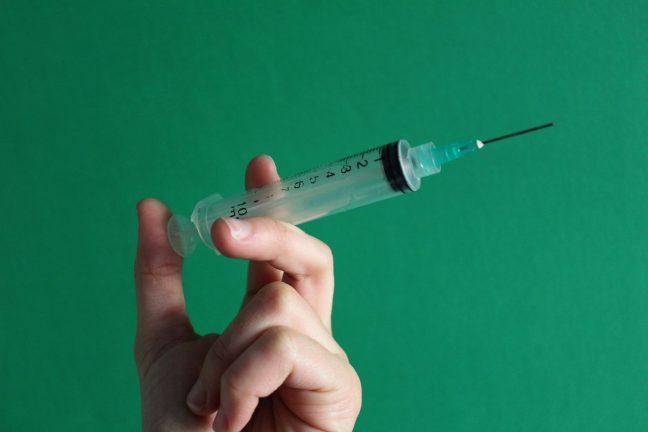Wednesday, biopharmaceutical company AstraZeneca decreased their estimate of their COVID-19 vaccine efficacy from 79% to 76%.
Though potentially alarming to the public, University of Wisconsin professor Dr. Oguzhan Alagoz said this change is actually scientifically insignificant in the science backing the vaccine. Alagoz, a professor in the School of Engineering, uses mathematical modeling to predict the outcome of infectious diseases.
“The 3% decrease is not remarkable in terms of the vaccine’s effectiveness,” Alagoz said.
After noting Johnson & Johnson reports an efficacy percentage of 72% for their vaccine, Alagoz said AstraZeneca’s numbers are still impressive.
Chancellor announces loose plans for Fall 2021 semester in optimistic blog post
Dr. William Hartman, an anesthesiologist and principal investigator for UW’s AstraZeneca COVID-19 trial, said he has complete faith in the vaccine.
“As one of the largest, most significant drug companies in the world, they are trustworthy,” Hartman said. “They haven’t handled the data properly in the media, but as one of the people who ran the trial, I completely trust the data. I know what we have collected and submitted and I feel very confident that the data reflects our work.”
According to Hartman, Oxford created the vaccine and AstraZeneca is the company developing and distributing it.
Hartman said this aids in his belief the vaccine is well-made and any mistakes are unrelated to the quality of the vaccine.
“It’s inexpensive, easy to produce and store and it’s well-made,” Hartman said. “The PR mishaps have caused the public to distrust it, which is unfortunate.”
With increasing vaccine rollout, experts concerned about rushed return to pre-pandemic behavior
The DSM-V and FDA agree AstraZeneca has produced a good vaccine and they view the recent issues in the media as simply reporting errors rather than scientific errors or coverups, according to Hartman.
The media has also reported cases of blood clots in Europe thought to be contracted from AstraZeneca’s vaccine, which halted many European countries’ distribution. But Dr. Hartman’s trial team did not have the same experience.
“No one in the U.S. trial developed blood clots as a result of the vaccine,” Hartman said. “We know our trial was very thorough and I have tremendous confidence in the vaccine.”














